Cognitive Enhancement: Unlocking the Potential of the Human Mind
In a world that increasingly values efficiency, productivity, and intelligence, the quest for cognitive enhancement has become more prevalent. Whether it's students seeking to excel in exams, professionals aiming to boost their performance, or individuals looking to preserve mental sharpness as they age, the demand for ways to enhance cognitive functions is on the rise. Cognitive enhancement refers to the use of various strategies, substances, or practices to improve mental abilities such as memory, focus, creativity, and learning capacity.
This article delves into the different approaches to cognitive enhancement, exploring both natural and artificial methods. We will examine the science behind these techniques, their potential benefits, and the ethical considerations that accompany their use.
Understanding Cognitive Functions
Before diving into the methods of cognitive enhancement, it's essential to understand what cognitive functions entail. Cognitive functions are mental processes that allow us to carry out tasks, solve problems, and adapt to new situations. They include:
- Memory: The ability to store and retrieve information.
- Attention: The capacity to focus on specific stimuli or tasks.
- Executive Functions: High-level processes such as decision-making, problem-solving, and planning.
- Learning: The ability to acquire new knowledge or skills.
- Creativity: The ability to think outside the box and generate novel ideas.
Each of these functions plays a critical role in our daily lives, influencing how we interact with the world, make decisions, and achieve our goals.
Natural Methods of Cognitive Enhancement
1. Nutrition and Diet
One of the most accessible and effective ways to achieve cognitive enhancement is through proper nutrition. The brain requires a steady supply of nutrients to function optimally, and certain foods are known to boost brainpower.
- Omega-3 Fatty Acids: Found in fatty fish, walnuts, and flaxseeds, omega-3 fatty acids are essential for brain health. They support cognitive functions by improving synaptic plasticity and reducing inflammation.
- Antioxidants: Foods rich in antioxidants, such as berries, dark chocolate, and green tea, protect the brain from oxidative stress and improve memory.
- B Vitamins: Vitamins like B6, B12, and folic acid, found in leafy greens, eggs, and legumes, are crucial for energy production and the synthesis of neurotransmitters, which are vital for cognitive enhancement.
2. Physical Exercise
Physical exercise is not just good for the body; it's also beneficial for the brain. Regular aerobic exercise, such as running, swimming, or cycling, increases blood flow to the brain and promotes the growth of new neurons in the hippocampus, a brain region involved in memory and learning.
- Exercise and Neurogenesis: Studies have shown that physical activity can stimulate the production of brain-derived neurotrophic factor (BDNF), a protein that supports the survival and growth of neurons, leading to improved memory and learning abilities.
- Stress Reduction: Exercise also helps reduce stress, which can negatively impact cognitive functions. By lowering levels of cortisol, a stress hormone, exercise enhances focus and decision-making.
3. Mindfulness and Meditation
Mindfulness practices, such as meditation and yoga, are increasingly recognized as powerful tools for cognitive enhancement. These practices help improve attention, reduce stress, and enhance emotional regulation.
- Mindfulness and Attention: Meditation has been shown to increase attention span and concentration by training the mind to stay focused on the present moment.
- Emotional Regulation: By promoting a calm and centered state of mind, mindfulness practices help individuals manage their emotions better, leading to improved decision-making and problem-solving.
4. Sleep
Sleep is crucial for cognitive enhancement. During sleep, the brain consolidates memories, clears out toxins, and recharges for the next day.
- Memory Consolidation: Sleep is essential for transferring information from short-term to long-term memory, making it a vital component of learning and retention.
- Cognitive Performance: Lack of sleep impairs attention, decision-making, and creativity, while adequate sleep boosts these cognitive functions.
Artificial Methods of Cognitive Enhancement
1. Nootropics
Nootropics, also known as "smart drugs," are substances that can enhance cognitive functions. These can be natural or synthetic compounds that improve memory, focus, and mental clarity.
- Caffeine: One of the most widely used nootropics, caffeine is a stimulant that increases alertness and concentration. Found in coffee, tea, and energy drinks, caffeine works by blocking adenosine receptors in the brain, reducing feelings of fatigue.
- Modafinil: Originally developed to treat narcolepsy, modafinil is a prescription drug that promotes wakefulness and enhances cognitive functions such as memory and executive functions.
- Racetams: This class of synthetic nootropics, including piracetam and aniracetam, is believed to improve memory and learning by enhancing communication between brain cells.
2. Brain-Computer Interfaces (BCIs)
Brain-computer interfaces are an emerging technology that allows direct communication between the brain and external devices. BCIs hold the potential for significant cognitive enhancement, particularly for individuals with disabilities.
- Neurofeedback: A type of BCI that provides real-time feedback on brain activity, neurofeedback can be used to train the brain to improve attention, memory, and emotional regulation.
- Cognitive Prosthetics: BCIs can also be used to develop cognitive prosthetics that enhance memory and decision-making in individuals with cognitive impairments.
3. Transcranial Magnetic Stimulation (TMS)
TMS is a non-invasive technique that uses magnetic fields to stimulate specific areas of the brain. It has shown promise in enhancing cognitive functions such as memory, attention, and problem-solving.
- Memory Enhancement: TMS has been used to stimulate the prefrontal cortex, leading to improvements in working memory and executive functions.
- Treatment of Cognitive Disorders: TMS is also being explored as a treatment for cognitive disorders such as depression and Alzheimer's disease, with the potential to improve cognitive functions in affected individuals.
Ethical Considerations of Cognitive Enhancement
While cognitive enhancement offers many potential benefits, it also raises important ethical questions. The use of enhancement techniques, particularly artificial methods, has sparked debate in various fields, including medicine, philosophy, and law.
1. Fairness and Accessibility
One of the primary ethical concerns is the issue of fairness and accessibility. If cognitive enhancement techniques become widespread, there is a risk that only those with the financial means will have access to them, leading to an unfair advantage and widening social inequalities.
- Equity in Education and Employment: In competitive fields such as education and employment, those with access to cognitive enhancement may outperform others, leading to questions about merit and fairness.
- Access to Healthcare: There is also concern about access to cognitive enhancement technologies in healthcare, particularly for individuals with cognitive impairments who may benefit most from these interventions.
2. Coercion and Autonomy
Another ethical issue is the potential for coercion. In environments where cognitive enhancement is valued, individuals may feel pressured to use enhancement techniques to keep up with their peers, raising concerns about autonomy and freedom of choice.
- Workplace Pressure: In high-pressure work environments, employees may feel compelled to use nootropics or other enhancement methods to meet performance expectations, even if they would prefer not to.
- Informed Consent: Ensuring that individuals have the necessary information to make informed decisions about cognitive enhancement is crucial to protect their autonomy.
3. Long-Term Effects and Safety
The long-term effects of many cognitive enhancement techniques, particularly artificial methods, are not yet fully understood. There are concerns about the potential risks and side effects associated with their use.
- Health Risks: Some nootropics and neurostimulation techniques may have side effects or pose health risks, especially with long-term use. Understanding these risks is essential for making informed decisions about cognitive enhancement.
- Impact on Identity and Authenticity: There is also concern about how cognitive enhancement may affect an individual's sense of self and authenticity. Enhancing cognitive functions artificially may lead to questions about what it means to be genuinely "yourself."
The Future of Cognitive Enhancement
As research and technology continue to advance, the possibilities for cognitive enhancement are likely to expand. From new nootropics and advanced BCIs to breakthroughs in neurostimulation, the future holds exciting prospects for enhancing human cognition.
However, as we explore these possibilities, it is essential to approach cognitive enhancement with caution, considering both the potential benefits and the ethical implications. By balancing innovation with responsibility, we can unlock the potential of the human mind while ensuring that cognitive enhancement is used in a way that benefits society as a whole.
Conclusion
Cognitive enhancement offers a fascinating glimpse into the future of human potential. Whether through natural methods like nutrition, exercise, and mindfulness, or artificial techniques like nootropics and BCIs, the quest to enhance cognitive functions is driven by a desire to improve our lives and achieve our goals.
However, as we embrace these advancements, it is crucial to remain mindful of the ethical considerations they bring. By ensuring that cognitive enhancement is accessible, safe, and used responsibly, we can harness its power to enhance not just individual lives, but the collective well-being of society. The journey to unlock the full potential of the human mind has only just begun, and the future of cognitive enhancement is bright with possibilities.
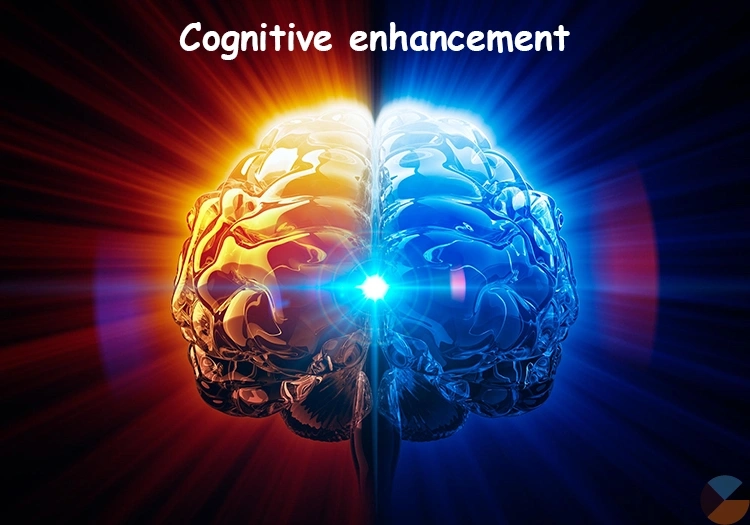


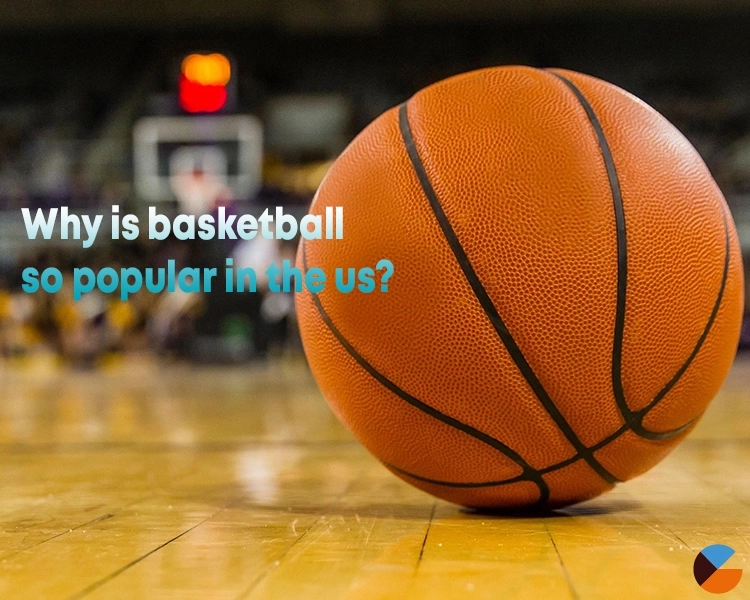

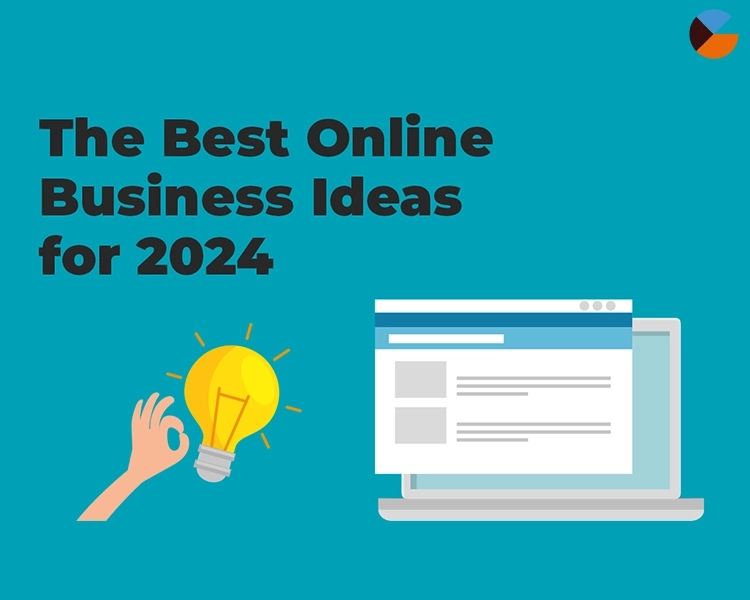
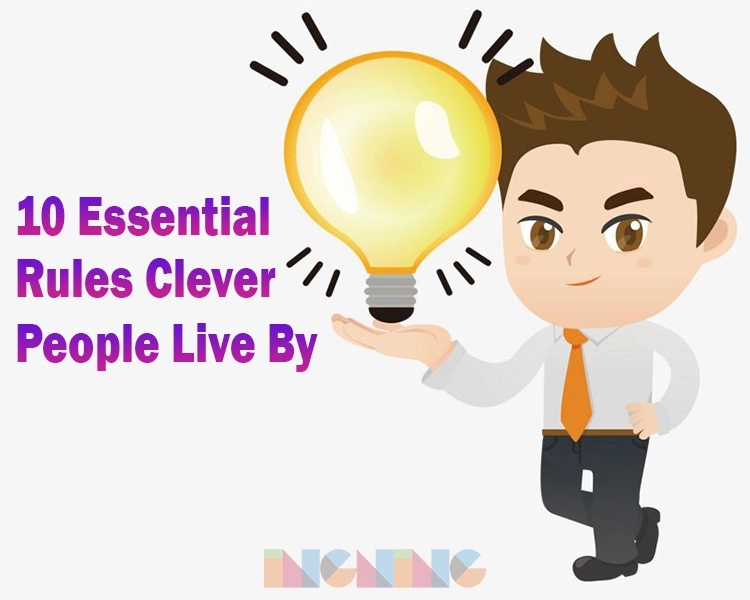
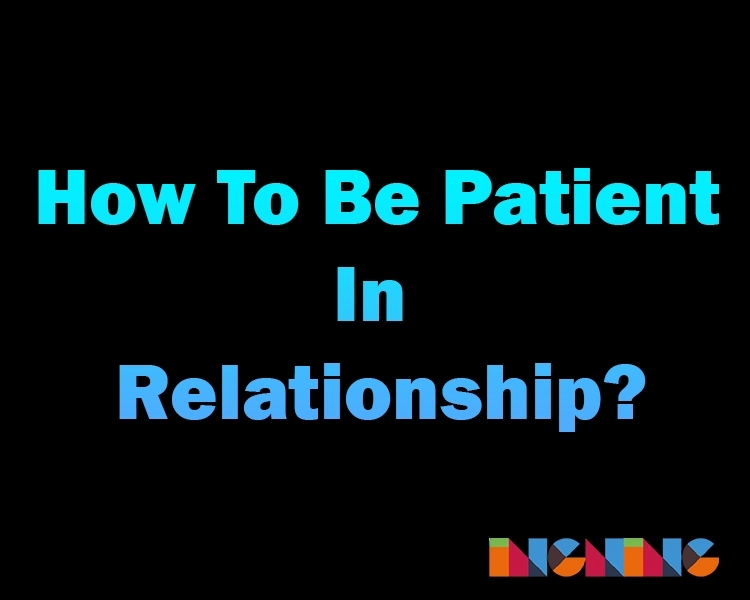

 Ingning
Ingning







